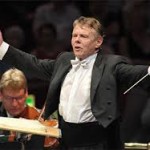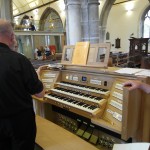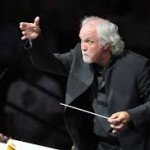Friday 9th August, St Thomas of Canterbury Church, St Leonards on Sea
Even though I knew she had a lovely voice, having heard Anya Williams sing with her church choir, I was totally unprepared for the beauty of the voices we heard at St Thomas of Canterbury Church. Anya and Lucy Ashton sang together as Melodia to raise funds for St Michael’s Hospice. The evening, entitled Women of Opera, included duets and solos from ten different operas, ably accompanied at the piano by Richard Eldridge.
These young singers, both still training, sang with such confidence that there was never any doubt about difficult passages or hitting high notes. The audience was merely overwhelmed with delight.
Anya’s Angels ever bright and fair from Handel’s Theodora, was indeed angelic, both in voice and presence.
One becomes perhaps over familiar with perfected recordings such as Delibes’ duet from Lakme and hearing other less experienced renditions can be discomforting, but not on this occasion. Melodia blended their voices with finesse and produced a smooth haunting sound.
I look forward to hearing them again and recommend that the careers of Anya Williams and Lucy Ashton be followed with keen expectation. SH




